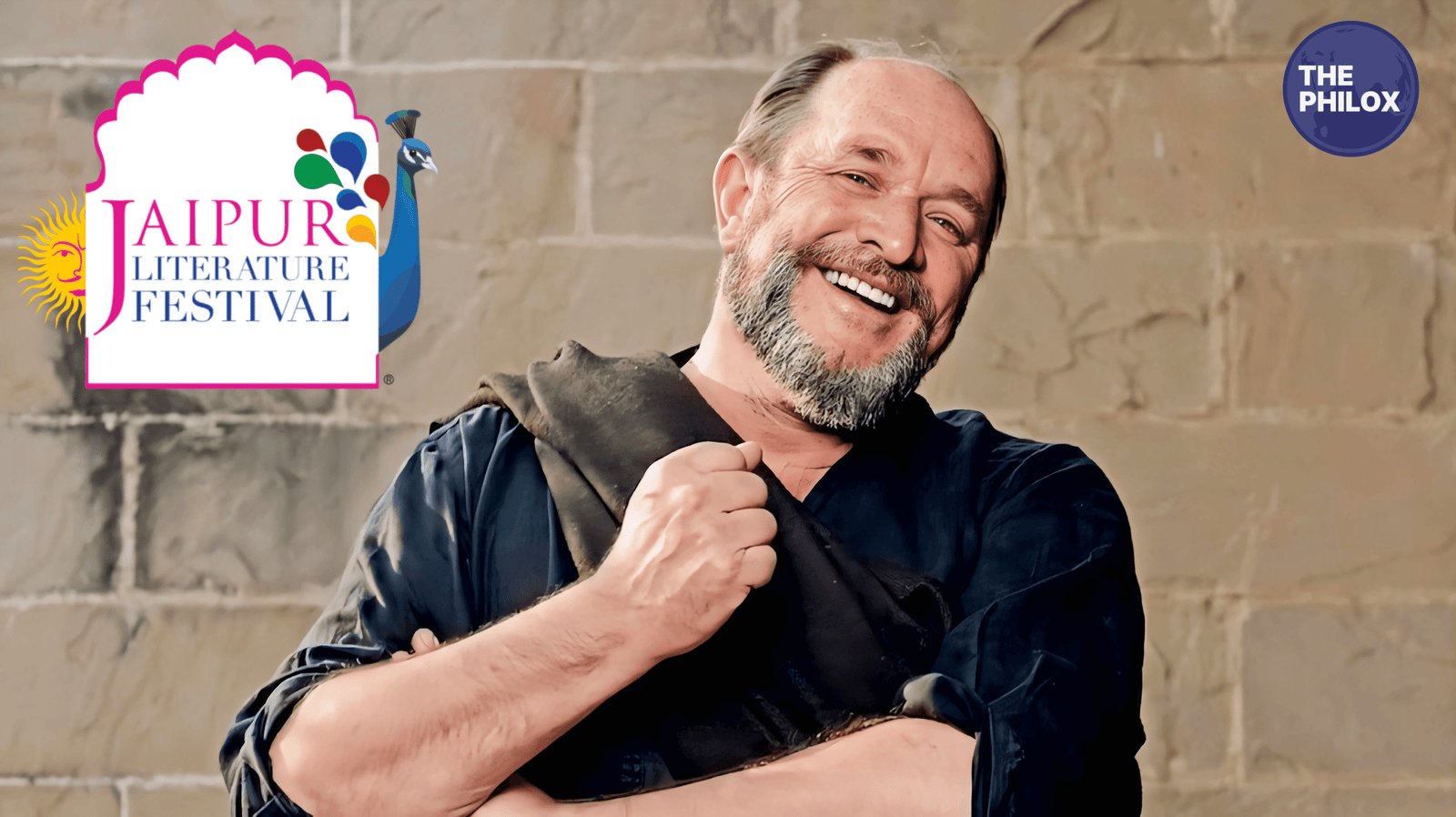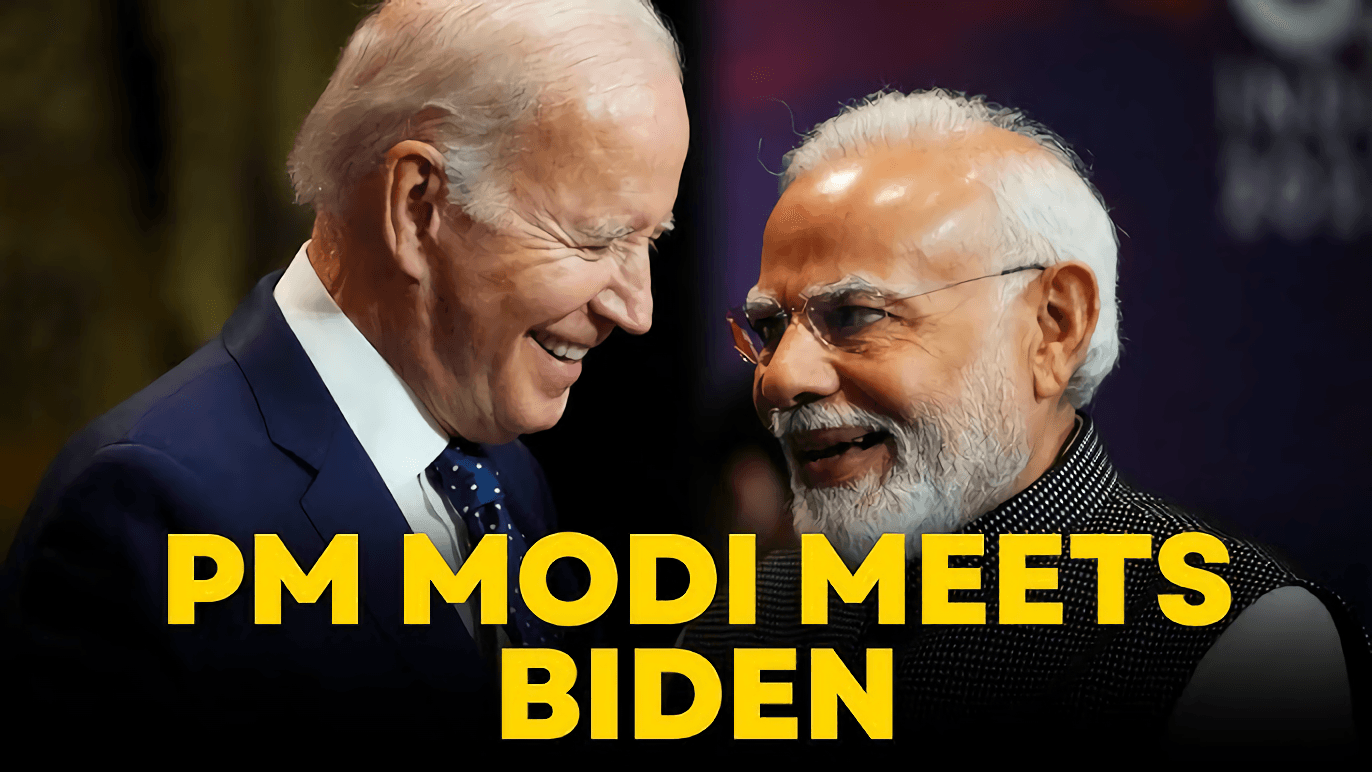William Dalrymple, born on March 20, 1965, in Scotland, is a historian, author, and art historian who has influenced literature beyond the academy.
He has left an indelible mark on India’s cultural scene, especially through his role in establishing the Jaipur Literature Festival (JLF).
His deep understanding of Indian history and culture not only shaped his critically acclaimed writings but also inspired creating platforms that celebrate literary and artistic expression.
Dalrymple’s contributions to literature and history are very deep, but the greatest fulfillment in which the world can see is the extraordinary transformation of JLF from a small gathering to a world-renowned event.
His commitment towards accessibility, inclusivity, and free expression has kept the festival as a democratic space where ideas, literature, and diverse cultures converge.
The Birth of the Jaipur Literature Festival
Along with Namita Gokhale, William Dalrymple co-founded the Jaipur Literature Festival in 2006. It was initially a very small event with 18 writers in attendance, which included Hari Kunzru, Shobhaa De, and Dalrymple himself.
About 100 people attended, some of whom had apparently stumbled upon the festival while being taken on a tour of Jaipur. That is how JLF began-in the humblest of ways.
Small beginnings, big ambition. He wanted to set up a platform from which literature, art, and culture would flourish without cultural, social, or hierarchical divisions. A part of this is that the festival will remain free and open for all. What makes JLF different from other literary festivals the world over, which tend to be expensive affairs out of reach of many and only available for a privileged few.
Growth Per Sped
Dalrymple’s vision for JLF soon began to materialize. Four years after its birth, by 2010, the festival had grown exponentially to attract about 30,000 people and host 172 authors and speakers.
The list included big names such as Geoff Dyer, Henry Louis Gates Jr., and Vikram Chandra. This kind of growth at a rocket speed bore testimony to the unstinting efforts Dalrymple put in curating such a very diverse and international roster of authors for this global literary community in Jaipur.
The organic growth in Dalrymple’s JLF reflected, in a sense, his own belief in the inevitable power of stories across cultures.
Under his stewardship, the festival became one of the good places where ideas of thousands of languages, disciplines, and backgrounds came to converge to develop dialogue.
He had a contact list of hundreds of scholars around the globe of literature and history, which helped attract some of the best speakers from other corners of the world to this great festival that soon became a marquee event in the world’s literary calendar.
Most Defining Moments and Challenges
The most defining moment in the history of JLF was in 2012 when Salman Rushdie’s visit created a huge controversy.
Rushdie, author of The Satanic Verses, had earlier faced threats and protests in India for controversial content within the book.
In the wake of increasing security concerns, he cancelled his visit, which again sparked debates over free speech in India.
But the challenges that Dalrymple and the JLF team had to encounter were far more grave. The controversy surrounding the festival turned it into a national controversy.
Still, Dalrymple and his team took that as an opportunity; they are not willing to step back on their commitment towards intellectual freedom and open dialogue.
And the more the festival showed its mettle and the more literary freedom it allowed, and thus more international attention in the later years.
JLF’s Global Impact and Legacy
JLF has grown with the passage of time to become the world’s biggest free literary festival. It reached a peak touch of 400,000 plus.
Nobel laureates, Booker prize winners, historians, poets, and public intellectuals from every corner of the world have spoken at the festivals. A few of them include Orhan Pamuk, Margaret Atwood, Stephen Fry, and Jhumpa Lahiri.
JLF also spawned a new wave of literary festivals across South Asia, which have taken off and are functioning well under the leadership of Dalrymple.
This kind of festival has multiplied in response to the initiative that JLF started in such cities as Lahore, Karachi, Dhaka, and Kathmandu for interactions across literature and cultures.
This extensive spread of literary festivals in South Asia played a large role in democratizing literature in the region while providing much-needed voice to new and minority voices.
Dalrymple’s Literary Works
Whilst being one of Dalrymple’s most important works, his contributions to literature and history are remarkable too. His books-White Mughals, The Last Mughal, and Return of a King-have received critical acclaim and several distinguished awards.
These books go deep into Indian history and propagate views that deem conventional historical narratives about the colonialism and empire to be mythological.
Dalrymple, in minute research and in a narrative style that animates history right before the eyes of the reader, has, through his talent in interweaving historical accounts with personal narratives and cultural analysis, won a devoted readership.
His books further deepen understanding in the shaping of global perspectives regarding the complex history of the subcontinent.
Awards and Accolades
Dalrymple has received many prestigious awards in recognition of his influence and contributions. He has been awarded the President’s Medal by the British Academy in view of his literary achievements and his role in co-founding JLF.
The award is given in recognition of his impact on humanities and social sciences, which reflects his contribution to historical scholarship and cultural discourse.
He has also been called upon to give talks at some of the great universities and other cultural institutions worldwide, besides this literary contribution.
His talk on colonial history, the British Raj, and the Mughal Empire keeps bringing him back frequently to various international forums.
Future of JLF and Continued Dalrymple Influence
Under the guidance of Dalrymple, JLF is constantly evolving. Whereas it was conducted long time back in many cities, including Jaipur, with editions in London, New York, and Melbourne; it is that spirit, a spirit unique to JLF that has caught the imagination around the world.
Dalrymple remains active to this day in forming the festival into becoming an umbrella that gives expression to different voices and bright ideas.
Such commitment to free literary expression and cultural exchange has helped preserve the relevance of JLF against the changing landscape of a publishing world and that of festivals of literature.
William Dalrymple’s vision and commitment have transformed a modest gathering at Jaipur into a global powerhouse in literature.
His commitment to accessibility, inclusivity, and free speech has left an indelible mark on the literary world. Beyond JLF, his historical writings have shaped the way readers view India’s past and brought the world of academia and popular history closer.
As JLF continues to thrive and inspire new literary movements, the treasure trove of Dalrymple as a historian and writer, and festival director rests safe.
His work has enriched both our understanding of history and literature in ways that seemed impossible in the past but have evoked a cultural renaissance which will influence generations to come.
Stay Connected and Share Your Stories
For all those inspired by stories of resilience and ambition, follow us on X/Twitter and on Instagram . For those with untold stories that you would love to share, please send them to contact@thephilox.com




